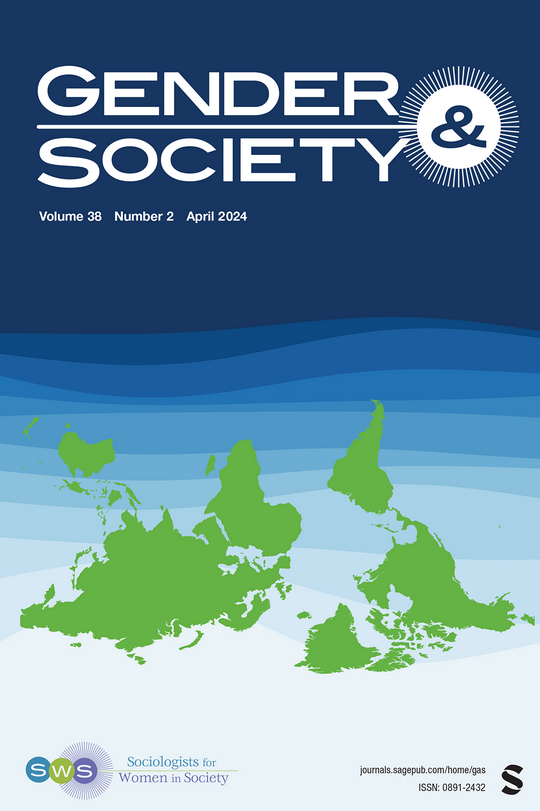第一线的女性主义教育学:抗争矿山,抗争父权制
IF 7.2
1区 社会学
Q1 SOCIOLOGY
引用次数: 0
摘要
2018年,亚美尼亚南部Vayots Dzor地区的居民开始占领Lydian International在Amulsar山拥有的一座金矿的入口,以停止运营。站在这场斗争最前线的不仅是当地男性,还有许多来自首都埃里温的女权主义者。尽管女权主义作为一种政治实践和话语在这个国家被边缘化,包括在左派和进步派圈子里,但女权主义者站在各种更大政治斗争的前线。通过对亚美尼亚女权主义和环境斗争的民族志研究——我是一名研究人员、朋友和同志——我发现女权主义者指导更大政治斗争内外的人,让他们认识到对社会、政治和经济关系的性别理解对其转变的重要性。这种教学工作对于她们作为妇女在这些更大的运动中从事政治工作的能力是必要的。我借鉴保罗·弗雷尔关于教育学的著作来讨论作为实践的女权主义教育学形式。我称这些为对话教育学、自我政治教育学和生殖教育学,并认为每一种都为女权主义边缘化背景下的环境斗争内外的女权主义实践提供了可能性。本文章由计算机程序翻译,如有差异,请以英文原文为准。
Feminist Pedagogies on the Front Lines: Struggling Against a Mine, Struggling Against Patriarchy
In 2018, residents of the Vayots Dzor region in southern Armenia began occupying the entrance to a gold mine owned by Lydian International, at Amulsar mountain, to halt operation. At the forefront of this struggle were not only local men, but also many women who identified themselves as feminists from the capital city of Yerevan. Although feminism is marginalized as a political praxis and discourse in the country—including within leftist and progressive circles—feminists are on the front lines of various larger political struggles. Through ethnographic research within feminist and environmental struggles in Armenia—in which I was situated as a researcher, friend, and comrade—I found that feminists instructed those within and outside of larger political struggles on the importance of gendered understandings of social, political, and economic relations toward their transformation. This pedagogical work was necessary for their ability to do political work as women within these larger movements. I draw on Paulo Freire’s work on pedagogy to discuss feminist forms of pedagogy as praxis. I call these dialogical pedagogy, political pedagogy of the self, and reproductive pedagogy, and argue that each offers possibilities of feminist praxis within and beyond environmental struggles in a context of feminism’s marginalization.
求助全文
通过发布文献求助,成功后即可免费获取论文全文。
去求助
来源期刊

Gender & Society
Multiple-
CiteScore
9.70
自引率
3.60%
发文量
78
期刊介绍:
Gender & Society promotes feminist scholarship and the social scientific study of gender. Gender & Society publishes theoretically engaged and methodologically rigorous articles that make original contributions to gender theory. The journal takes a multidisciplinary, intersectional, and global approach to gender analyses.
 求助内容:
求助内容: 应助结果提醒方式:
应助结果提醒方式:


